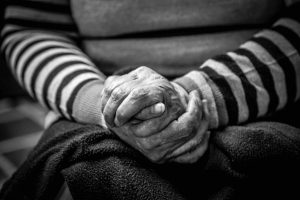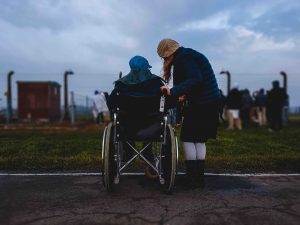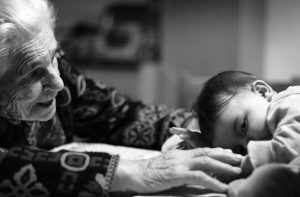 Are changing demographics at nursing homes in Orange County, California impacting rates of elder abuse and neglect in those facilities? According to a recent article in McKnight’s Long-Term Care News, new research considering the effects of the Omnibus Budget Reconciliation Act of 1987 (OBRA 87) is having more of an impact on nursing home demographics than many of us might expect. In short, more nursing homes are admitting patients from hospitals, the diversity of nursing home residents has increased, and the overall percentage of nonprofit nursing homes and other facilities has risen.
Are changing demographics at nursing homes in Orange County, California impacting rates of elder abuse and neglect in those facilities? According to a recent article in McKnight’s Long-Term Care News, new research considering the effects of the Omnibus Budget Reconciliation Act of 1987 (OBRA 87) is having more of an impact on nursing home demographics than many of us might expect. In short, more nursing homes are admitting patients from hospitals, the diversity of nursing home residents has increased, and the overall percentage of nonprofit nursing homes and other facilities has risen.
Researchers believe that these shifts should continue as we move into the future, and that they may help to reduce the rate of nursing home abuse and neglect in some instances. The research cited in the article appeared in the Journal of Post-Acute and Long-Term Care Medicine this month. We want to tell you more about the findings.
OBRA 87 was Supposed to Improve the Quality of Care in Nursing Homes
 California Nursing Home Abuse Lawyer Blog
California Nursing Home Abuse Lawyer Blog













